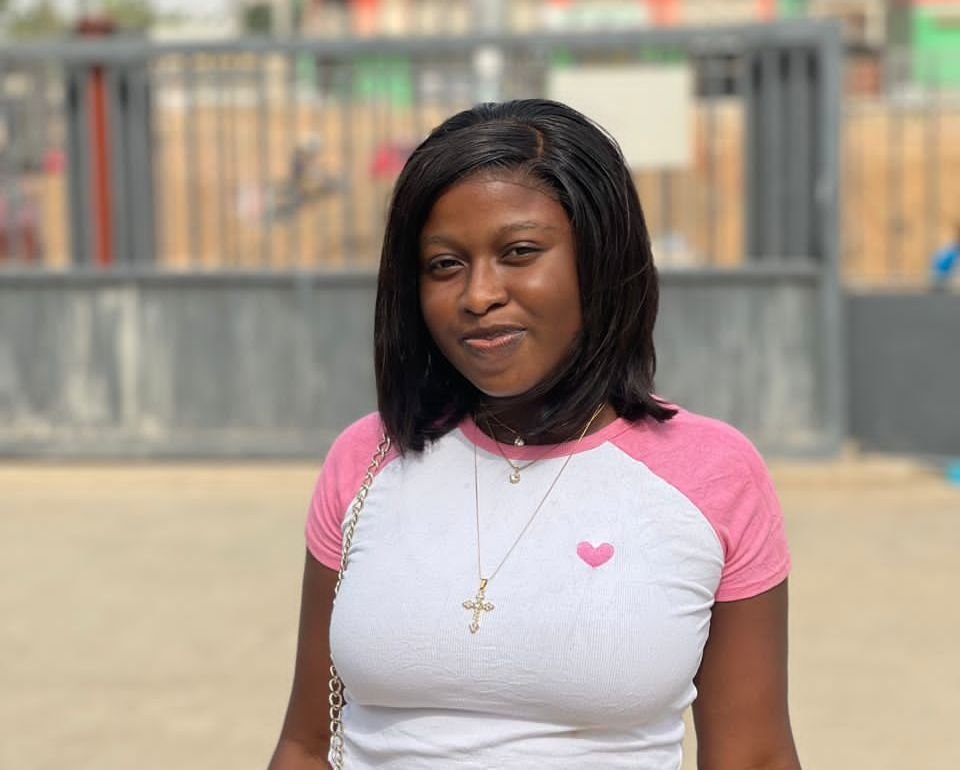
The writer

Cancer remains one of the leading causes of death among children and adolescents worldwide. The likelihood of surviving childhood cancer varies dramatically based on geographic and economic factors.
Per reports by the World Health Organisation (WHO) , in high-income countries, over 80% of children with cancer are cured. In stark contrast, fewer than 30% survive in many low- and middle-income countries (LMICs). Despite its rarity, childhood cancer has a profound impact on young patients and their families.
WHO also reports that approximately 400,000 children and adolescents are diagnosed with cancer globally every year. The journey of battling cancer at such a young age involves unique challenges, and showcases inspiring resilience.
Types of childhood cancer
Children can develop various types of cancer that are distinct from those typically seen in adults. The most common types include:
●Leukemia: The most prevalent childhood cancer, accounting for about 28% of cases, affects the blood and bone marrow.
●Brain and Central Nervous System Tumors: These tumors make up roughly 26% of childhood cancers.
●Neuroblastoma: Originating in immature nerve cells, this cancer is common in very young children.
●Wilms tumor: A kidney cancer primarily affecting children aged 3 to 4 years.
●Lymphoma: Including both Hodgkin and non-Hodgkin lymphoma, these cancers impact the lymphatic system.
Treatment
Diagnosing cancer in children can be particularly challenging due to symptoms that mimic common illnesses. According to health experts, early detection is crucial for effective treatment, which may involve blood tests, imaging (such as MRI and CT scans), biopsies, and genetic testing.
Accurate diagnosis is vital as each type of cancer requires a specific treatment regimen, which may include surgery, radiotherapy, chemotherapy, and emerging treatments like immunotherapy and targeted therapy. These newer treatments are improving survival rates and reducing side effects.
Impacts
Cancer has a significant psychological impact on children. The interruption of normal life, extended hospital stays, and treatment side effects can lead to anxiety, depression, and social isolation. Support from mental health professionals, social workers, and peer groups is essential. Families also face substantial emotional and financial stress. The cost of treatment, travel for specialized care, and time away from work can be overwhelming. Various organizations and charities provide financial aid and resources to support these families.
Research
For instance, the National Cancer Institute highlights that advances in pediatric oncology research have dramatically improved survival rates for children diagnosed with cancer over the past few decades. Additionally, Children’s Health reports that improved survival rates are attributed to advancements in medical technology, early detection methods, and innovative treatments
Today, about 84% of children diagnosed with cancer in high-income countries survive five years or more, compared to just over 50% in the 1970s. Advances in medical technology, early detection methods, and innovative treatments have all contributed to this improvement.
Stories
Despite the odds, I believe that the courage of children fighting cancer and the unwavering support from their families and healthcare providers are truly inspiring. Stories of young survivors leading fulfilling lives, advocates raising awareness, and researchers dedicated to finding cures all contribute to the ongoing fight against childhood cancer.
Although, children with cancer face immense challenges, but advances in medical science and robust support systems offer hope. Continuous research, improved treatments, and comprehensive care are essential for enhancing outcomes and quality of life for these young patients. Society should continue to play a crucial role in supporting these children and their families. It can only take a collective effort to combat childhood cancer and ensure every child has a chance at a healthy future.
The writer is a student journalist of the University of Media, Arts and Communications (UniMAC-IJ). Writer’s email: lawrenciamuno68@gmail.com






